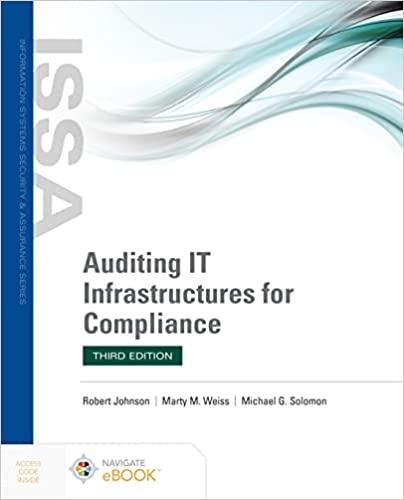Research and Discussion Case LO 1-3 Smith & Co., a local Dallas public accounting firm, is incorporated as a professional corporation, with three shareholders, all CPAs. The shareholders have developed a combination of marketing, software, and professional expertise that has allowed them to perform the accounting service of compiling individuals' personal financial statements in an 1-40. extremely efficient manner. The three shareholders are interested in "going national" with t accounting service but lack the capital necessary to expand to other cities. They are currently conside capital as a way to expand their business by offering their firm services to individuals in other markets. They estimate that if they raised ring the possibility of obtaining outside on of capital, they could open and staff 15 offices within the next 12 months. In a recent meeting of the three shareholders, the possibility o raising the c thereby selling stock to t shareholders would retain 51 percent of the total stock, whi traded over the counter. The only work corporation would be the compilation of individuals' financia statements. apital through incorporation as a traditional corporation and he public was discussed. The original three ch would be performed through the new Subsequently, the shareholders were dismayed to learn that states do not generally allow CPAs to practice as a traditional corporation. Also those states that do allow "limited liability companies" generally require that shareholders be involved in public accounting. Only by establishing a separate organization not held out as a public accounting firm will the current three shareholders be allowed to follow their expansion plan. a. Summarize the arguments for allowing public accounting firms to sell ownership interests to individuals not in public accounting through incorporation as a traditional corporation. Summarize the arguments in favor of restricting public accounting firm ownership to those involved in public accounting. Express your personal opinion as to whether ownership of public accounting firms should be restricted to individuals involved in public accounting b. c








